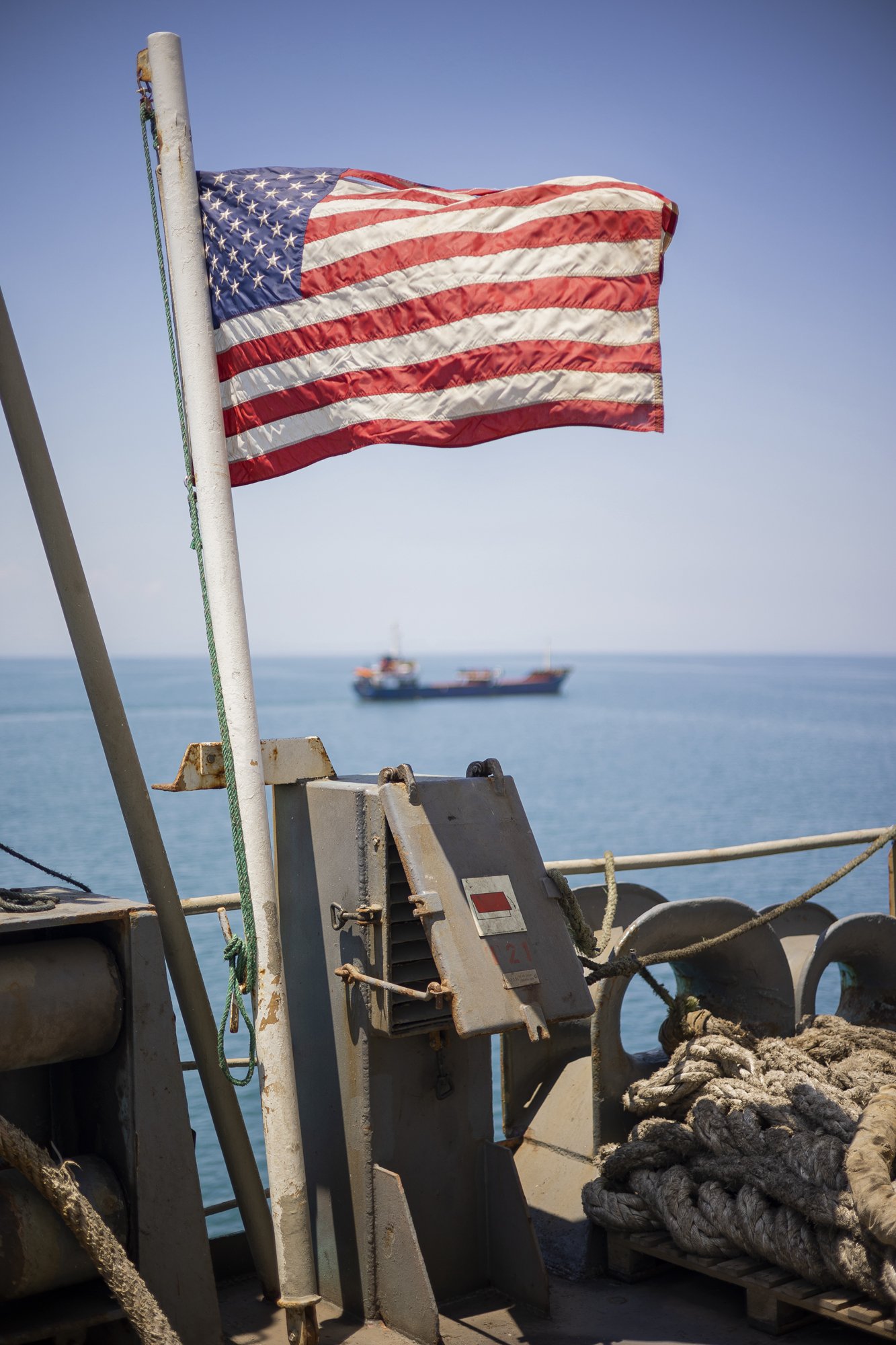
Merchant Marine Act of 1920
Section 27 of the Merchant Marine Act of 1920 is commonly referred to as The Jones Act. It is the fundamental and bedrock principle that sustains the modern American merchant marine. Despite the fact that this underlying legislation is nearly 100 years old, the Jones Act has continuously maintained the full support of the Executive and Legislative branches of our Federal government since its passage.
Named for the late U.S. Senator Wesley Jones (R-WA), the Jones Act is the most commonly known of U.S. maritime cabotage laws. Cabotage laws are common throughout the world, and are designed to protect trade between two points within a single country. For example, same as an airline such as British Airways cannot fly passengers between two U.S. airports, a foreign-flagged vessel cannot transport goods or passengers between two ports of the United States.
Although the Jones Act dates back to 1920, the United States has had similar cabotage laws in place since the first Congress in 1789. The basic impetus behind these laws is to encourage the construction and maintenance of an American flag merchant fleet, as well as to maintain civilian citizen crews and skilled workers needed to keep that fleet sailing.
The Jones Act mandates that all vessels engaged in domestic waterborne commerce between two ports in the United States be:
Built in the United States
Owned by a U.S. citizen
Documented under the laws of the United States (fly the U.S.-Flag)
Crewed by U.S. citizen seafarers
The Jones Act and other cabotage laws, which include laws regarding passenger vessels, dredging and salvage, ensure that the United States has the vessels, seafarers and shipyards necessary to protect the national security of our nation, and for use in time of war or national emergency.
AMC is dedicated to ensuring the long-term viability of the Jones Act, and providing education and information to the public and to Congress as to the need for domestic cabotage laws and the benefits that the Jones Act provides to our nation States and all Americans.
Jones Act Topics
Blanket waivers. During the disasters caused by Hurricane Katrina and Hurricane Rita, the Administration issued blanket temporary waivers of the Jones Act, despite the fact that they weren’t needed. While the maritime industry understands that emergency measures are necessary in emergency situations, the system that has been established for Jones Act waivers works.
While there are no looming threats to the future of the Jones Act on the horizon, it is important to continue the educational process to ensure that future threats don’t begin to grow. Every exception or waiver granted is a challenge. It is incumbent upon those of us in the maritime industry to ensure the future of the Jones Act by working together to protect the purpose of the Jones Act and to ensure the processes established by law are maintained. AMC will continue to educate Congress and the Administration to ensure that, in the unfortunate event of a domestic emergency, the Jones Act process and proper procedures that work are used, and that potentially damaging blanket waivers are not.
